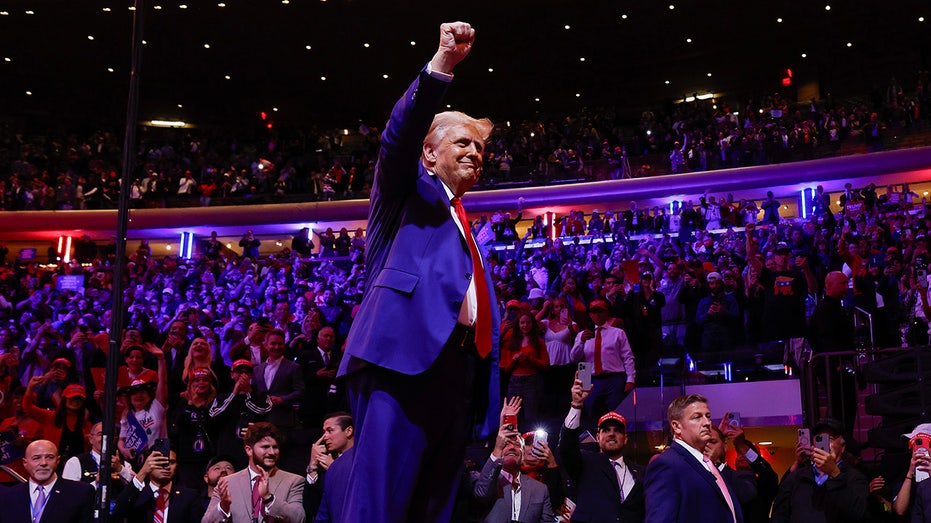
Members of the media are fretting behind the scenes about the potential consequences of the re-election of former President Trump, according to a new report.
Some in the news industry are sounding the alarm about the prospects of another election victory for former President Trump, with one even predicting the death of the legacy media.
A report in New York Magazine’s Intelligencer on Wednesday put a spotlight on the sheer panic within the media, largely focusing on the turmoil erupting at The Washington Post after its billionaire owner, Jeff Bezos, halted the paper’s endorsement of Vice President Kamale Harris.
More broadly, one network executive told features writer Charlotte Klein, “It’s going to change everything” if Trump wins. The exec said it could signify the complete failure of the news industry.
“If half the country has decided that Trump is qualified to be president, that means they’re not reading any of this media, and we’ve lost this audience completely. A Trump victory means mainstream media is dead in its current form,” they said.
“You’ve got the major disruptions underpinning everything — strategically, platform-wise, consumer technology — no matter what happens in the election,” the executive told the magazine. “And then if Trump wins, all of a sudden you’ve got this other pressure on everything. There’s brand damage. He undermines trust in the media. It’s just going to add a level of complexity.”
While much of the media earned a “Trump Bump” during the former president’s first term in the form of TV ratings and surging readership, the executive predicted there will be “more news avoidance” by Americans during a second term.
“There’s a huge amount of anxiety over whether, if he wins, people just put their head in the sand for four years and wait it out,” the executive said, according to Klein. “The interviews that have happened this year have been fine; they haven’t been ‘holy s—’ numbers.”
Other concerns voiced about a second Trump term were resources stretching thin and reporters burning out trying to keep up with the sheer amount of coverage.
One political reporter worried covering Trump would take away from other important stories.
“If he is trying to turn America into an autocracy, could [investigative reporters] embark on a series about sexism in girls sports? Could that be what they use their considerable firepower for?” they asked Klein. “Maybe, but I think if there’s actual things to investigate with a president, it would be hard to use those sorts of resources for much other than that.”
Meanwhile, Intelligencer said a top editor at a major news publication wondered, “Can [reporters] summon the energy and the shock of the news to cover this thing, or do you need to bring in reinforcements — people for whom it is really brand-new again?”
Another reporter complained how during the first Trump administration, “we were chasing tweets at 11:30 at night, breathlessly trying to report out what he was saying and thinking based largely on Twitter, only to sometimes find that it didn’t really mean anything.”
And in a potential second Trump administration, the reporter fretted “the noise is what news consumers — even dedicated ones — will turn off.”





